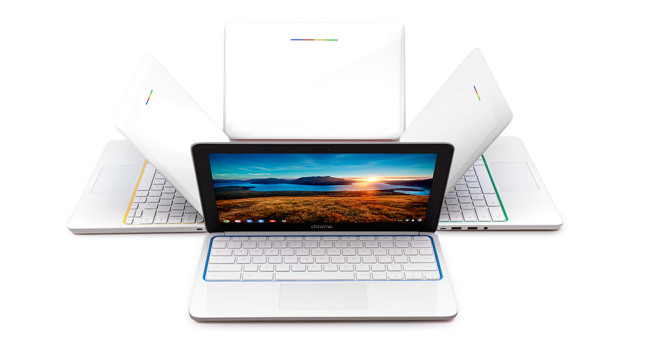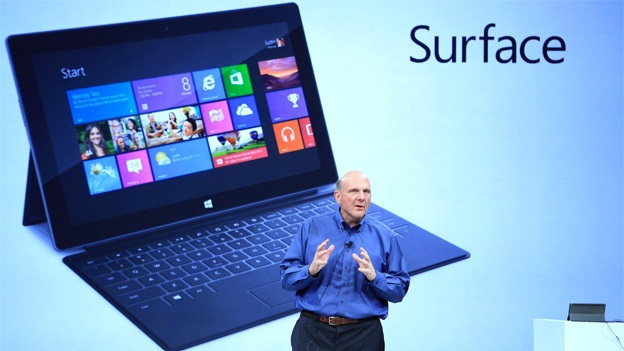 Our next stop on the road to Black Friday is a curious one, since it’s as niche a product as there is. One wouldn’t think a laptop would be a specialized device - they are pretty much the definition of ubiquitous - but Google’s latest Chromebooks fit the description.
Our next stop on the road to Black Friday is a curious one, since it’s as niche a product as there is. One wouldn’t think a laptop would be a specialized device - they are pretty much the definition of ubiquitous - but Google’s latest Chromebooks fit the description.
Chromebooks have taken their share of heat from reviewers and even from competitors such as Microsoft, some of which is deserved. As relatively inexpensive laptops powered by Google’s Chrome operating system, it’s perhaps fair to say there’s more they don’t do than what they do do. You wouldn’t want to do video editing or intensive CAD processing on them and they’re not really suitable for proper gaming either.
But they are pretty good for basic document work, email and other web uses - better than tablets, in many ways - and the real selling point is price. Most Chromebooks simply can’t be beat in that department. Read the rest of this entry »



